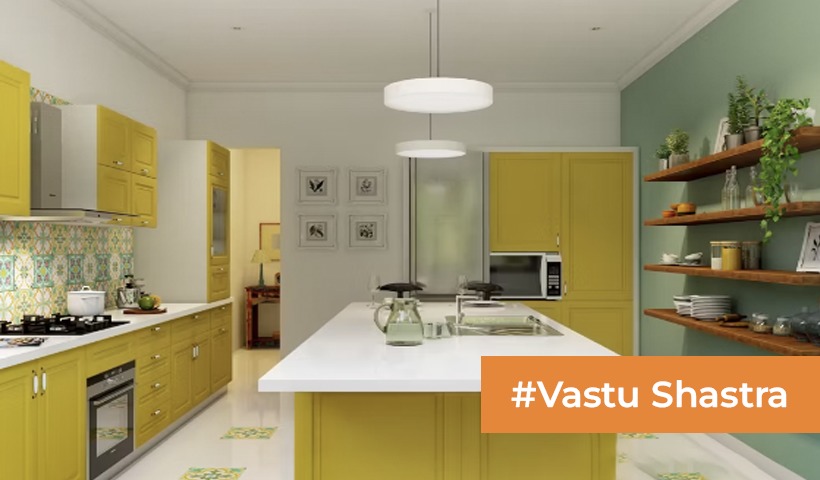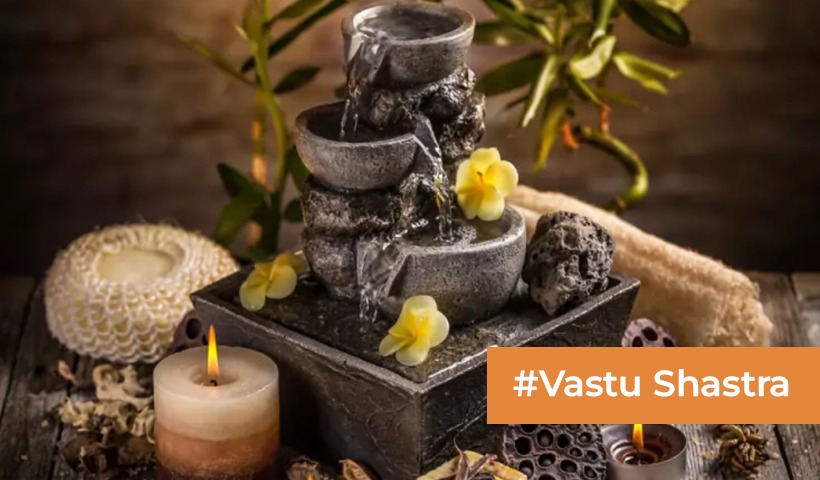6 Essential Vastu Tips for Placing Gods’ Idols
In the rich tapestry of Indian culture, the home temple or “pooja room” holds immense significance as a sacred space for spiritual practices. Vastu Shastra, an ancient Indian science of architecture and design, provides guidelines for creating a harmonious and positive environment. This article delves into six Vastu tips tailored for Indian readers, focusing on the placement of Gods’ idols in your home temple to invite positive energies and foster a serene atmosphere.
- East-Facing Placement: According to Vastu principles, the ideal placement for the home temple is in the northeast corner of the house. Ensure that the idols or images of deities within the temple face east. East is associated with the direction of the rising sun, symbolizing new beginnings and positive energy. Placing the idols facing east is believed to attract divine blessings and spiritual growth into the home.
- Altar Elevation and Cleanliness: Elevate the temple or altar in your pooja room, ensuring that it is higher than the ground level. This elevation symbolizes reverence and respect for the divine. Keep the temple space clean and clutter-free. Regularly dust and clean the idols, lamps, and other items in the temple to maintain a pure and positive energy flow.
- Idol Placement and Direction: When placing idols of Gods and Goddesses in the temple, adhere to Vastu guidelines regarding direction. Ideally, idols of Lord Ganesha should face west, while Goddess Lakshmi’s idol should face east. Lord Shiva’s idol is generally placed facing west, while Goddess Durga’s idol is placed facing south. Following these directional placements is believed to align the energy in a way that resonates with each deity.
- Avoid Mirrors and Negative Symbols: In Vastu, mirrors are considered to reflect and amplify energies. Therefore, it is advisable to avoid placing mirrors in the home temple. Additionally, steer clear of images or symbols associated with negativity, such as war scenes or fierce animals. The pooja room should emanate positivity and tranquility.
- Proper Lighting and Ventilation: Ensure that the home temple is well-lit with natural or artificial light. Adequate lighting not only enhances the aesthetics of the space but also attracts positive energies. Natural light is considered auspicious, so if possible, design the pooja room with windows or openings for sunlight. Maintain good ventilation to allow the free flow of fresh air, contributing to a spiritually uplifting atmosphere.
- Use of Auspicious Colors: Colors play a crucial role in influencing energy. According to Vastu, use auspicious colors in the home temple to create a harmonious ambiance. Light shades of yellow, white, or cream are considered propitious. Avoid dark and gloomy colors as they may disrupt the positive energy flow. Adorn the temple with vibrant and auspicious fabrics or flowers to enhance its visual appeal.
In the fabric of Indian traditions, the home temple is a sacred thread that weaves spirituality into the daily lives of families. Following Vastu tips for the placement of Gods’ idols in your pooja room is a way to invite divine energies and create a space that radiates positivity and serenity. By aligning your home temple with these ancient principles, you not only honor the divine but also contribute to the overall well-being and harmony of your home.
Implementing these Vastu tips is a step towards creating a sanctified space where you can connect with the divine in a serene and balanced environment. As you arrange the idols, light the lamps, and offer your prayers, let the Vastu principles guide you in creating a home temple that resonates with positive energies and spiritual vibrancy.




